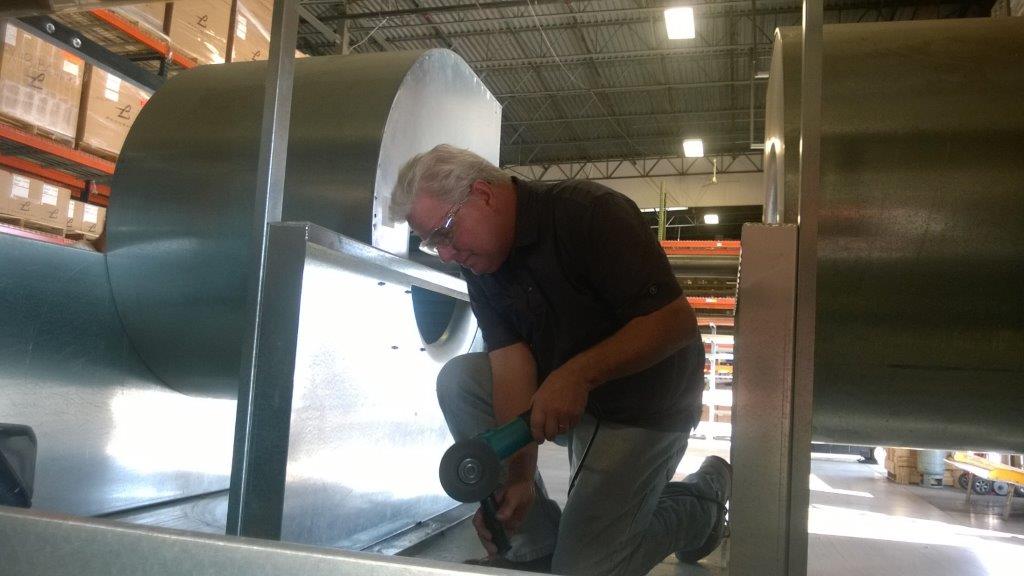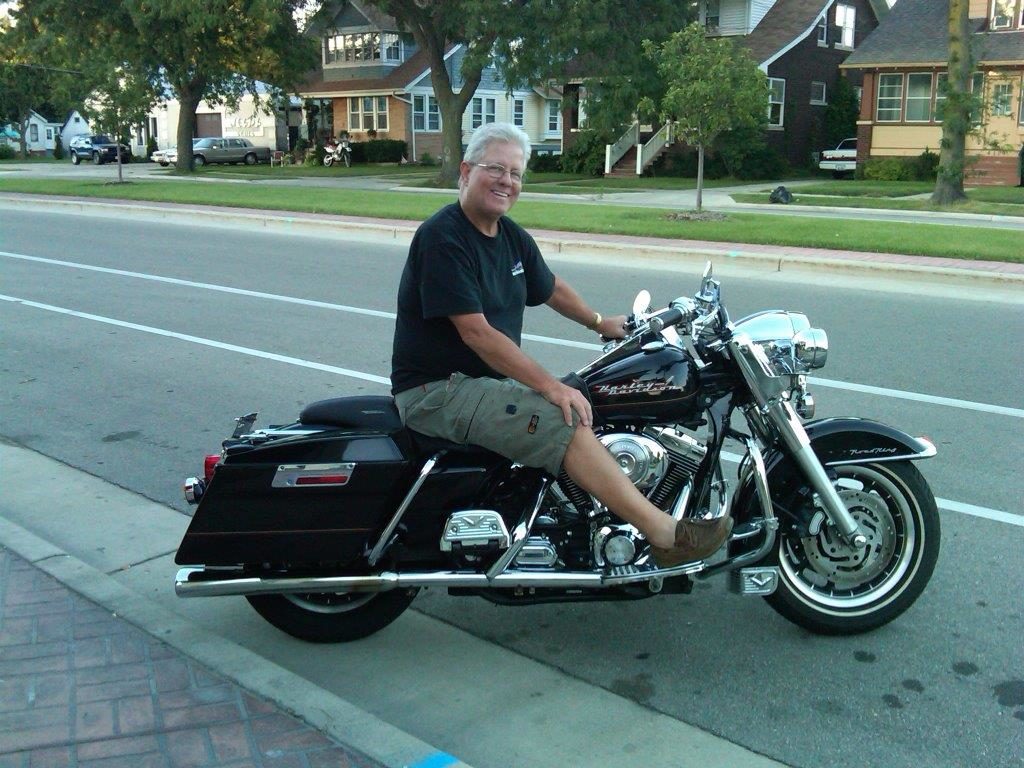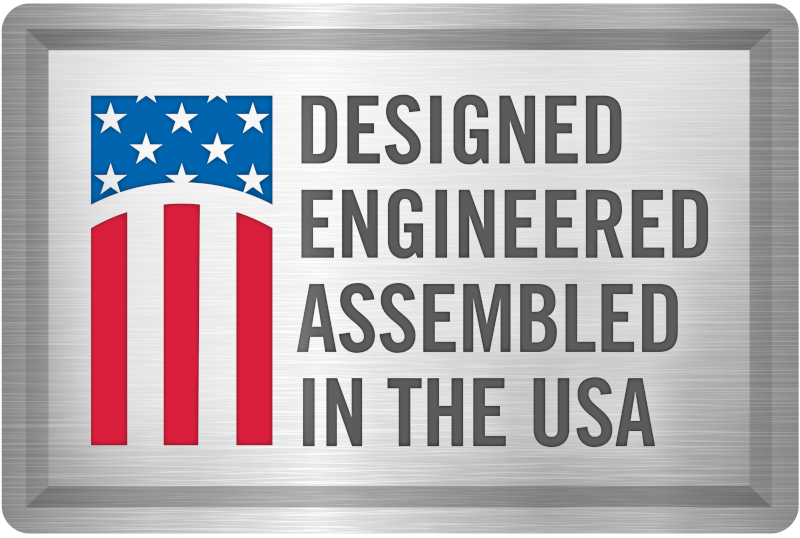Employee Spotlight – Kevin Walker
After 45 years at Modine, Kevin Walker knows how to bring the heat in a hurry.
He went from a lab tech to regional HVAC sales manager.
There’s one important lesson Kevin Walker has learned in his 45 years at Modine: It’s easier to cool off than warm up. That adds urgency to his role as region 3 sales manager in the building HVAC group. When Modine equipment needs to be repaired, replaced or installed, someone’s comfort, safety or livelihood is at stake.
Kevin, 65, plans to retire at the end of this year. The Modine blog will occasionally feature interviews with employees, and this blog post features Kevin’s story. He first reported to work for Modine at its Racine headquarters when he was 19. His notable lab work ultimately included air-raid siren testing, the Harley Davidson “Nova” project that resulted in the V-Rod; and advanced automotive refrigerant testing.
His first task? Coiling an air hose.
Question: What was your original role at Modine?
Answer: I was a lab tech in what we call our 1941 wind tunnel. It essentially was a blue collar technical position that required a knowledge of auto and truck mechanics.
Are you an engineer by training?
That would have been a natural (fit) for my later years, but it didn’t quite match my interest or capabilities. I’m the son of an engineer. It was a technical position, and we worked with engineers. You had to have a certain technical capability for understanding scientific principles because it was a laboratory. You’re running A/B testing, and that requires a certain discipline and a bit of a knowledge of science and engineering, even if it would be shoestring knowledge.

Are you originally from Racine?
I was born in Chicago, lived in Kenosha, just down (the road) from Racine. As a 19-year-old hunting around for a technical job, I had heard about Modine and made a visit with the specific intent of getting a job. At the time, 45 years ago, there were a lot of industries in this area that did a lot of testing on vehicles, tractors and trucks. There was a lot of business surrounding the internal combustion engine.
Because of proximity to Michigan auto manufacturers?
Absolutely, no doubt. We are close to Detroit, also, this area was settled by northern Europeans who brought a lot of metal bending and metal fabricating and machining experience. That ended up in this corridor, essentially from Milwaukee to Chicago and thereabouts. Go underneath the lake, major steel manufacturing, so this whole part of the country had a lot to do with the fabrication of metal, and still does.
What are most interesting changes at Modine over the years?
No. 1 is financial growth. The company has grown tremendously. It has grown organically, and it has grown by acquisition. There are definitely improved facilities at Racine, including the technical center. Intracompany communication is light years ahead of where it was before. Through electronics, and the internet, but also through an attitude adjustment. There is definitely a closer relationship between executive management and employees. The company has adapted pretty decently to societal changes versus worker needs. There has been much greater emphasis over the years on personal safety and environmental stewardship.
You started in the lab and are now in sales. Describe briefly the path from the lab to the highway.
A bit of a transition, huh? Work as a lab technician, especially with cars and trucks, is very physically demanding. (Higher ups suggested he get a college degree). In my 10th year of 20 years in lab, I went back and started working on an undergraduate degree. Started with computer programming classes, we programmed our own test equipment. Our data gathering equipment was Hewlett Packard equipment based on basic instruction code. I decided to not go into engineering because it would be too time-consuming. At the time I was raising a family and still working eight hours a day. I got my undergraduate degree in business administration. It was a good path.

Does your sales work Include all HVAC units Modine manufactures or do you specialize in one or another?
I started out managing all products but in the interim, the BHVAC group split into engineered products and distributed products. I am currently managing distributed products.
What’s the difference?
A distributed product arrives in a box a contractor could carry out of a distributor and put in the back of a pickup truck. It’s a box of heat. An engineering product arrives on flatbed at jobsite and needs a crane to lift on top of a building (such as an Atherion system).
What are the main selling points of Modine products?
It’s multifaceted. No. 1 is the longevity. The market knows Modine is not a turbulent organization. If you buy a product from Modine, in five years you’re probably going to be dealing with similar attitudes and similar financial strengths. Reputation can only carry you so far. One of the aspects that lends to our strength is the follow-up from people, whether at Racine, or representatives in the field or our customers or our manufacturing plants, which are integral to customer service in the marketplace, versus just spitting out boxes of product.
Modine offers a high-quality product with above-average reliability and durability. When asked to perform, it will perform. That’s reliability. It will do it for a long time. That’s durability. Some of our products installed right now are 60-70 years old.
What are clients and customers looking for and has that changed over time?
Our customers are looking for advancements in efficiency, we have stepped up to the plate with that. Also the speed of business; we have the best selection software in the business. Easy for sales channels to accurately select and quickly order Modine products. Those products can then arrive in the marketplace very quickly because we have a fair amount of stock ready in our plants to ship on two days’ notice. People can be warm for periods of time without a whole lot of problems. You can turn on a fan, slip into more comfortable clothes. People cannot stand to be cold. It’s important to get product to market in a hurry, especially in winter, especially when a lot of our products might be used for keeping human beings, animals, plants, whatever, warm. Speed is important.


